A period of fifty years is a very small span for a nation’s history. Nevertheless, this span for India, as a sovereign, socialist, secular democratic republic, has been a very significant period. Fifty years back, after about two centuries of colonial rule, India emerged as an independent nation, for the first time, in modern history and began its "tryst with destiny". What path have we traversed over the period? What promises we made then and where do we stand today? There has, of course, been progress in several directions – in agriculture, industry, science and technology – but then an important question is how all this progress measures in the context of availability of minimum conditions essential for the development of innate characteristics which nature has bestowed every individual with as a human being, irrespective of one’s race, religion, caste, creed, colour, gender or social origin, birth or any other status; in other words, what has been the state of human rights enshrined in our Constitution and international instruments? A group of widely experienced human rights activists, exponents and jurists examines the progress or lack of it during the last fifty years towards realization of basic human rights and common minimum standard of living conditions as promised by our Constitution. It attempts to analyse the factors responsible for the sordid state of affairs in the country and the challenging task ahead facing the government as well as the people of India, both as individuals and organized groups. Contributors to this volume include: Justice M.N. Venkatachaliah, K.C. Pant, Justice Ranganath Misra, R.M.Pal, Joseph Gathia, Pritam Arora, Justice Rajinder Sachar, Sankar Sen, Y.P. Chhibbar, Regina Mulay Parikh, G.S. Bhargava, Justice V.M. Tarkunde, Shanti Sadiq Ali, N.R. Madhava Menon and V.S. Mani. Taken together, these essays represent in a single compass, a comprehensive study of human rights problems in India. This study would be of immense value to all concerned and contribute to help strengthen policy-making, advocacy and better understanding of human rights issues and challenges facing the country, at the turn of the century.
Human Rights and the Constitution: Vision and the Reality
More than 50 years ago, we ...
$36.00
$40.00

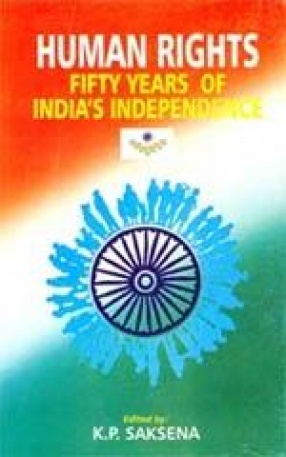
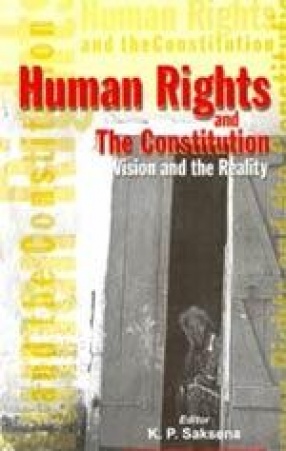
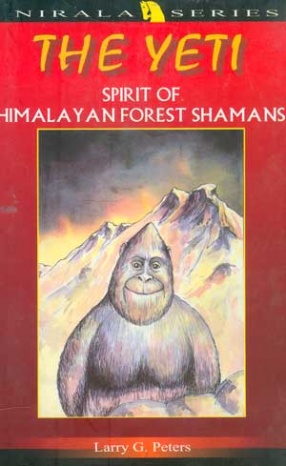
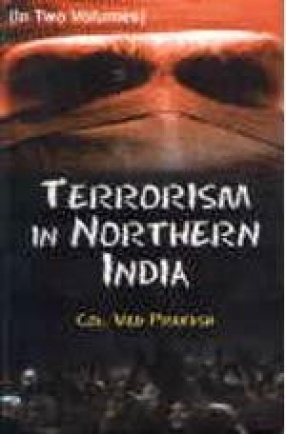
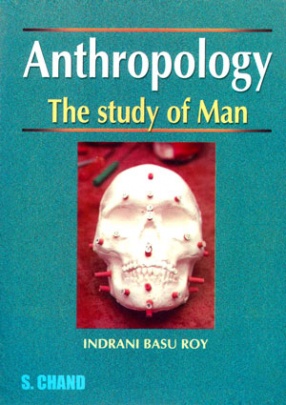
There are no reviews yet.